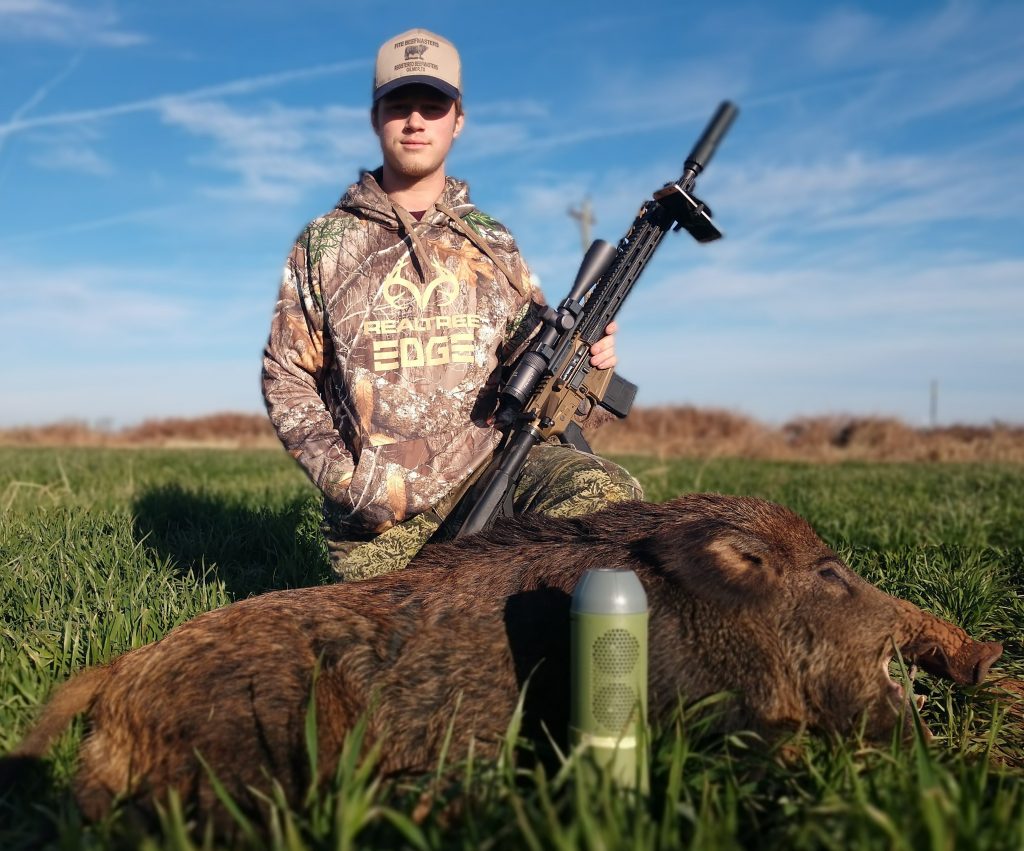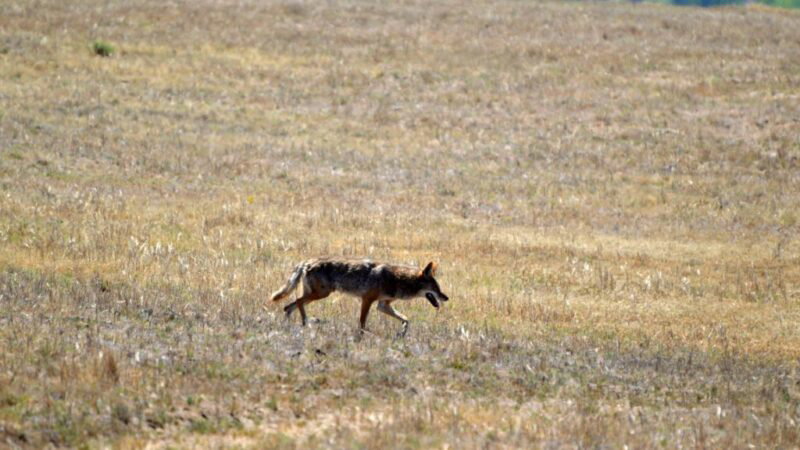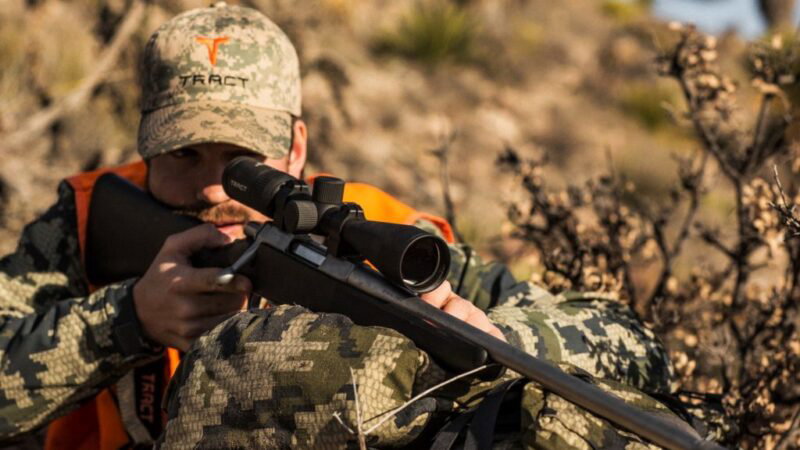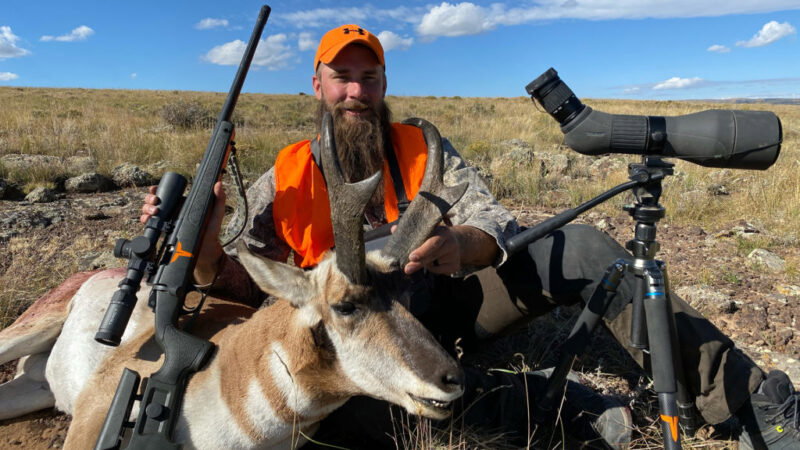All About Hog Hunting
All About Hog Hunting
Hog hunting is an underutilized activity. Here is the when, where, why, and how for your next swine-chasing adventure.
All About Hog Hunting. Depending on your personal opinions, the Spaniards deserve either the credit or the blame for introducing swine into the New World. In the 1500s the first hogs were released in North America to provide a reliable food source for future explorers. Five hundred years later, wild hogs have been officially documented in over 30 states and rising.
It’s no secret how much damage wild hogs can cause. If you’ve ever stumbled upon a previous night’s rooting ground, you could almost diagnose an F1 tornado as the culprit.
The USDA estimates that feral pigs cause more than $1.5 billion of damage each year. The University of Georgia claims upwards of $2.5B. Regardless of the number, if you’re a farmer, it’s bleak. If you’re a hunter, the prospects are rich.
Why
Apart from the financial damage assessed on farmers, wild hogs are invasive. Their lack of natural predators and quick gestation periods provide a perfect, albeit uncontrollable, environment for them to thrive. Additionally, they can transmit diseases into domestic pig populations.
As with all invasive species, hog hunting is conservation. All wild pigs are omnivorous. They eat acorns that deer rely on, insects picked by turkeys, nuts and seeds eaten by squirrels, and leafy plants and grasses that are necessary for cottontails. Additionally, hogs will eat turkey and quail eggs, turkey poults, and allegedly newborn deer. While hunters may relish the opportunity for a new game species, the reality is that wild hogs are a threat.
While conservation should always be considered, feral pigs are a worthy foe. They are extremely intelligent, move mostly at night, and can smell a hunter from a mile away. Most states don’t recognize them as a game animal, which allows for liberal hunting seasons and regulations. Feral bacon is also one of the finest game meats available, and the ability to hunt year-long combined with the prospects of a good ol’ fashioned pig roast should incite a craving from all who enjoy the outdoors.
Where
While most of the country has experienced a population explosion, Texas and Florida rule the landscape. Texas holds more feral swine than any other state with Florida in second place. For the public land hunter, no state can compete with Florida’s 160 Wildlife Management Areas (WMAs) and nearly 6 million acres of public land.
For hunters who can swing it, private land presents the best option. Though there are exceptions, hog hunting on public land is only allowed during another viable hunting season. Most states allow private land hunters to hunt year-round and at night with written landowner permission. Some states even allow hog hunting without a license. Check with private landowners surrounding WMAs. Most need help with their “problem.”
Georgia, South Carolina, Alabama, Louisiana, Oklahoma, Arkansas, and Tennessee are also great states for bagging a boar. Check your state’s regulations before venturing out.
When
Do you feel like hunting this weekend, but nothing is in season? Fear not – somewhere there’s a hog season open. Not only do hogs provide the perfect bridge between seasons, most states also don’t limit the number killed.
While the opportunity is available all year, sportsmen commonly chew over the ideal time to harvest “rowdy pork.” Some hog aficionados argue that hunting in hot weather is preferred due to the predictability that pigs will eventually need water. Others claim that colder weather creates a stronger need for calories and therefore more active hogs foraging after daylight and before dusk.
The most compelling argument for ideal timing takes us back to feral swine’s relationship with native game species, notably turkeys and deer. Many consider the dead period between deer and turkey season as the primo time for chasing pigs. When successful, hunters are thinning a food competitor for pregnant does and bucks recovering from the rut. Simultaneously nest predators are reduced prior to turkeys laying eggs. Even this argument connects back to that of conservation.
How
By no means does the status of “invasive” mean these animals are easy to hunt. Keen senses and high levels of intelligence serve as a pig’s main defenses. A hunter’s method should be somewhat dictated by his or her location and style of hunting.

Calling hogs can be very effective utilizing the Convergent Hunting Bullet HP Bluetooth Game Call.
When possible, hunters should consider hunting at night with a spotlight or night vision. Where legal, hunting over bait is also extremely effective. Hunting with dogs is illegal in some areas but is one of the most exciting hunts of any type when allowed. Hanging deer stands over water holes and wallows may test your patience but is nearly always successful in the end. Electronic calls can also be a great tool for would-be hunters.
Hog hunters should be very selective about their equipment. In many cases hog herds can quickly scurry into or out of a kill-zone. Long range shots are rarely taken, and once the shooting starts, a herd of pigs will scatter like a firework going off. A scope with a wide, bright field of view is extremely beneficial for target acquisition and follow-up shots. TRACT’s new TORIC UHD 30mm LVPO mounted on a semiautomatic rifle is an extremely premium hog hunting setup that should be considered by all serious hunters.
Regardless of your motivation, hunters who pass on pig hunting are missing out on a fun and meaningful outdoor activity. Though the Spaniards get the blame, hog hunting has evolved into an entirely all-American pastime.











